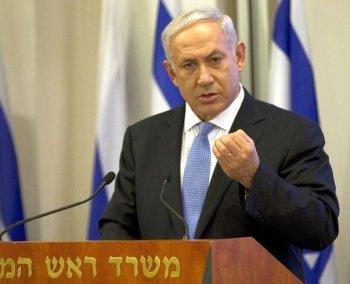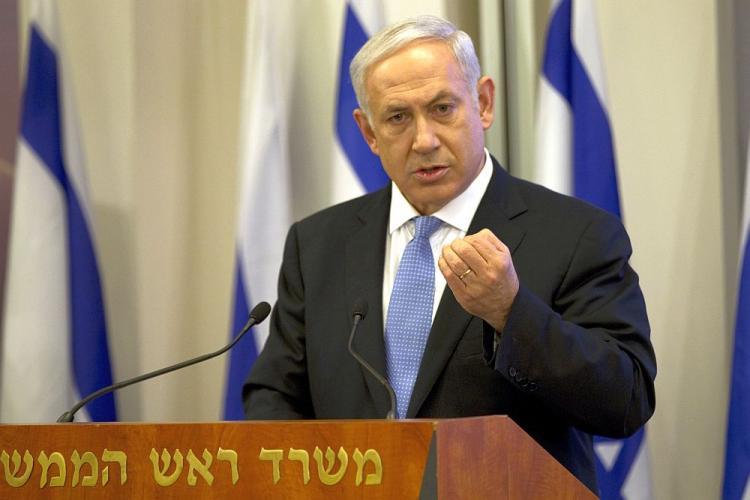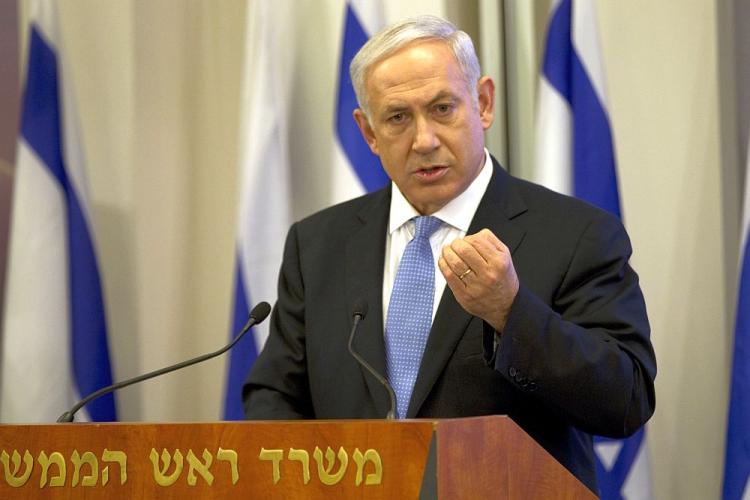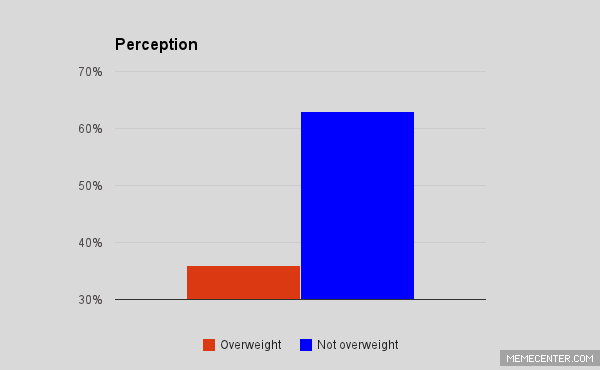Israelis, Palestinians Concerned About New Regional Reality
As Egypt works to define its future, a new geo-political reality in the Middle East is unfolding, and no one is watching more closely than the Israelis and the Palestinians.

Israeli Prime Minister Benjamin Netanyahu welcomed the Egyptian army's Friday statement that it will continue to honor peace agreement between Israel and Egypt. Jack Guez/AFP/Getty Images
|Updated:





